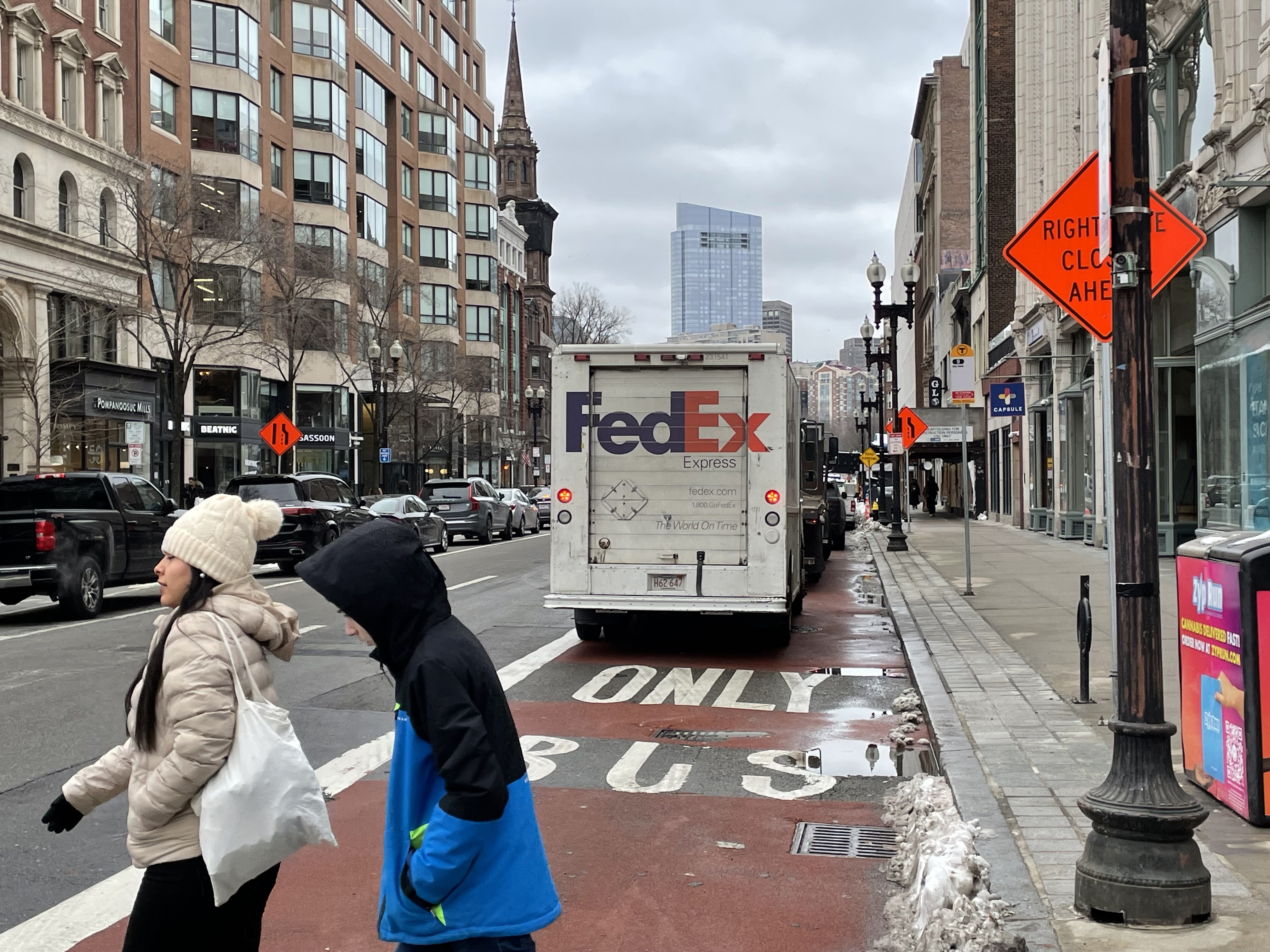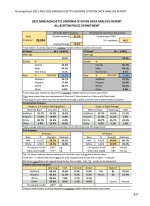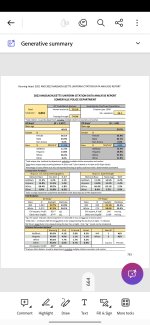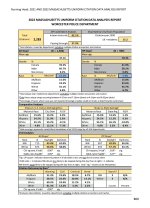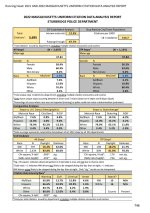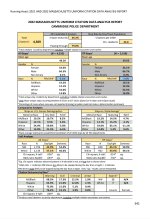The bus lane seems to have helped in the PM rush hour, too, when people do ride that stretch. The average hasn't changed much, at six seconds slower. But the worst times have gotten better, by 25 seconds. So the bus on those couple of block is more reliable. And again, that's what you get with zero enforcement (and a worsening culture of food delivery cars blocking the streets).The only bus traveling Boylston on the 2nd block is the #9, which in the AM rush hour is carrying no/almost no passengers on that stretch. (Primary travel direction in the AM is towards Back Bay, and anyone traveling inbound to that area got off at the stops on St. James Ave rather than spending minutes riding it all the way around in a circle to save 30 seconds of walking).
But before getting too far in the weeds with these details, though, all I'm saying is the bus lane seems to have worked. It's speeding up buses part of the day, and making travel times more reliable. There seems to be a separate question of whether the bus lane is "worth it," and so far I keep wondering "compared to what?" Like, if we turn this back into a car lane again, how many seconds does this save drivers? If we're getting to point of questioning how many riders might be on the bus block-by-block, then how many more people in cars would get through if this was a car lane? Without anything to compare to, this feels like we're just assuming that cars have some inherent right to street space, and anything else needs to jump through a lot of hoops to justify itself.

